Join us March 24–27, 2026, for the 50th Annual Alabama School of Alcohol and Other Drug Studies (ASADS) Conference at the Bryant Conference Center in Tuscaloosa. Centered on the theme Purpose, Progress, and Perseverance, this milestone event brings together prevention, treatment, recovery, and community health professionals for dynamic plenary sessions, 40+ engaging courses, meaningful networking, and the distinguished Carl Nowell Award presentation. Be part of a legacy that has shaped Alabama’s behavioral health workforce for five decades and continues to advance the future of substance misuse prevention, treatment, and recovery support.
Sincerely,
ASADS Board of Directors
Maurice Clarett’s physical prowess as a football athlete at Warren High School caught the eyes of recruiters at The Ohio State University, who saw his potential. This proved to be a great insight, as he became the first freshman running back to start, was named Big Ten freshman of the year, and set the freshman rushing and touchdown season records, all while seamlessly solidifying his role as a leader on the field.
Most notably, Clarett played an instrumental role in The Ohio State Buckeyes team clinching the National Championship in 2002 with two pivotal plays: “the strip” and scoring the go ahead touchdown.
After a series of personal set-backs, which interfered with his destined NFL career, Clarett stood at a crossroad in his life with two paths to choose from; either succumb to his challenges or overcome them.
Maurice Clarett’s physical prowess as a football athlete at Warren High School caught the eyes of recruiters at The Ohio State University who saw his potential. This would prove to be great insight as he would be the first freshman running back to start, be named Big Ten freshman of the year, and set the freshman rushing and touchdown season record, seamlessly solidifying his role as a leader on the field.
Most notably, Clarett played an instrumental role in The Ohio State Buckeyes team clinching the National Championship in 2002 with two pivotal plays: “the strip” and scoring the go-ahead touchdown.
He would later play professionally for the Omaha Nighthawks of the United Football League. During his freshman year at The Ohio State University in 2002, in a widely unexpected move, Clarett was drafted on the first day of the 2005 NFL Draft with the final pick of the 3rd round (#101 overall) by the Denver Broncos.
After a series of personal set-backs, which interfered with his destined NFL career, Clarett stood at a crossroad in his life with two paths to choose from; either succumb to his challenges or overcome them.
He chose the latter, compiling the lessons he learned throughout his tumultuous journey of being dismissed from The Ohio State University and 7 ½ year prison sentence to develop The Maurice Clarett brand, which offers an acute acumen and expertise in the worlds of athletics, education and business. As the CEO and founder of MCB, Clarett’s distinctive personality and drive to empower diverse audiences over the world has made him a nationally sought-after speaker, garnering partnerships with some of the nation’s top businesses and professionals, including Warren Buffet.
His success as an author and motivational speaker is a testament to his transparency and ability to teach self-accountability and personal responsibility. Never one to shy away from his past mistakes, his courage to openly share the secrets of his own challenges has created a loyal following of thousands.
Maurice Clarett founded The Red Zone—a behavioral health agency dedicated to empowering youth and adults in need by providing comprehensive and therapeutic services in 2016 after he noticed a need for mental health awareness and access in his community.
He notes, “I grew up in the heart of an inner-city neighborhood. It lacked resources that could have encouraged healthier lifestyles and choices amongst myself, my peers and the adults around me. I witnessed people suffer silently because of this, and made it my life’s mission to connect as many families as I could with the proper tools so that they could live fulfilling lives.”
TRZ currently serves more than 1,500 children and adults in north and central Ohio, who are impacted by drug and alcohol abuse, low-income disparities and mental illness. Its meteoric growth is due to The Red Zone’s holistic methodology of creating evidenced-based initiatives that facilitate social and emotional support that’s engaging, fun and collaborative.